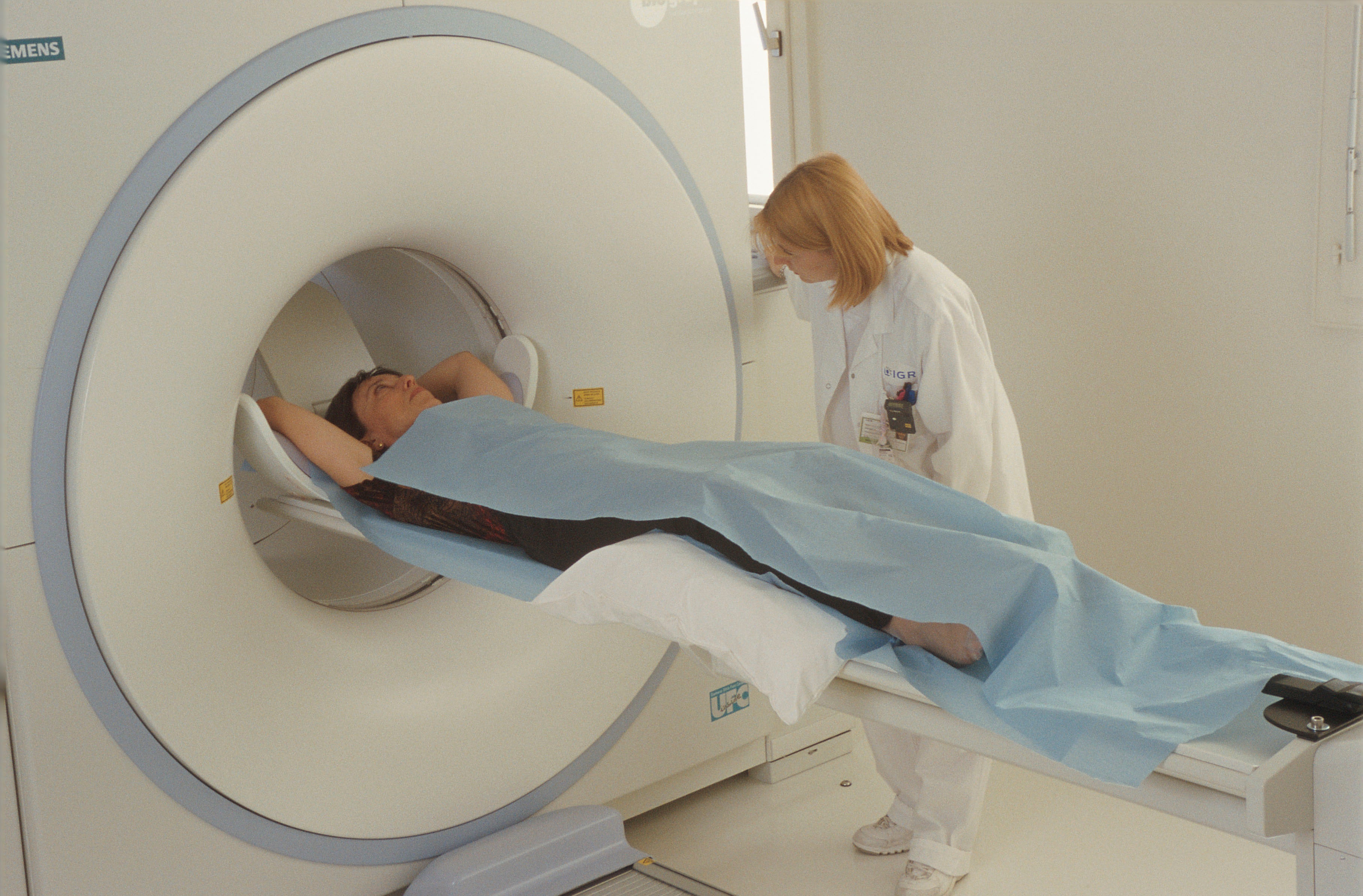Why an Offline Nuclear Reactor Led to Thousands of Hospital Appointments Being Canceled
Why an Offline Nuclear Reactor Led to Thousands of Hospital Appointments Being Canceled
An offline nuclear reactor can have far-reaching consequences beyond just power supply issues. In…

Why an Offline Nuclear Reactor Led to Thousands of Hospital Appointments Being Canceled
An offline nuclear reactor can have far-reaching consequences beyond just power supply issues. In a recent incident, a nuclear reactor at a nearby facility went offline unexpectedly, causing a ripple effect that led to the cancellation of thousands of hospital appointments.
The hospital, which relied on the nuclear reactor for its supply of medical isotopes used in various diagnostic procedures, was forced to cancel appointments due to the sudden unavailability of these essential materials. This resulted in delays in treatment for many patients and a backlog of appointments that could not be rescheduled immediately.
The shutdown of the nuclear reactor also highlighted the potential risks associated with relying on a single source for critical supplies. Hospitals and other facilities that rely on nuclear reactors for medical isotopes may need to reassess their contingency plans in case of similar emergencies in the future.
In addition to the impact on patient care, the disruption caused by the offline nuclear reactor also had financial implications for the hospital. Canceled appointments meant lost revenue and increased costs associated with rescheduling, further highlighting the need for robust contingency plans and diversification of supply chains.
Furthermore, this incident underscores the interconnectedness of various industries and the importance of cooperation and communication between different sectors. The nuclear energy industry, healthcare sector, and government agencies must work together to address potential vulnerabilities and mitigate risks to ensure the uninterrupted supply of essential medical materials.
Ultimately, the offline nuclear reactor serves as a cautionary tale of the potential cascading effects of disruptions in critical infrastructure. It serves as a reminder for organizations to have backup plans in place and to prioritize resilience and redundancy in their operations to minimize the impact of unforeseen events on the continuity of essential services.
In conclusion, the incident involving the offline nuclear reactor leading to the cancellation of thousands of hospital appointments underscores the need for proactive risk management and collaboration across sectors to ensure the resilience of critical infrastructure and the continuity of essential services.




